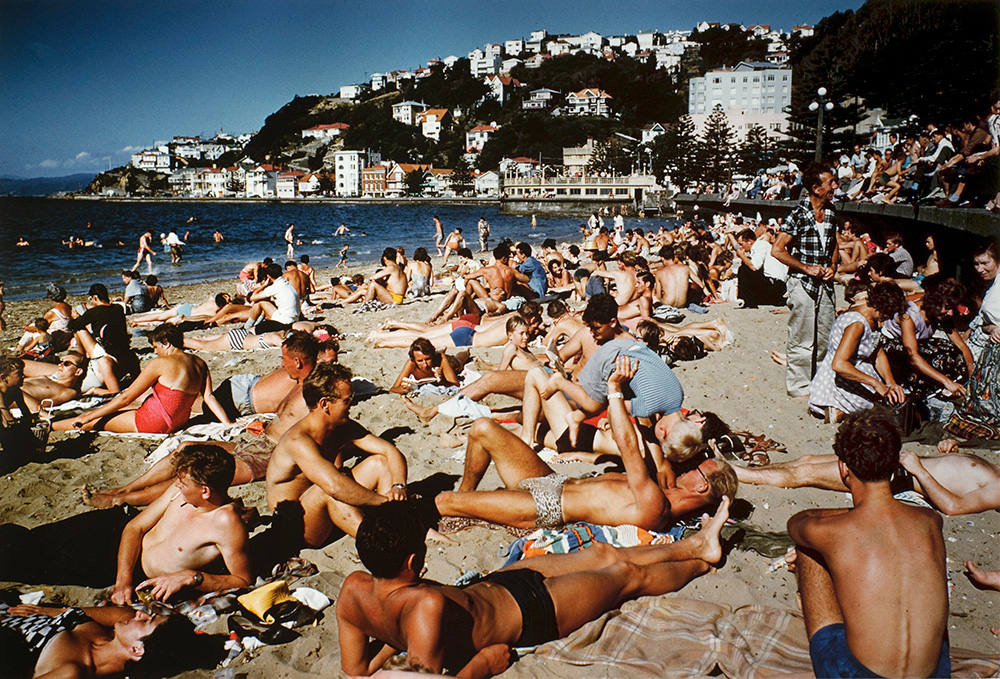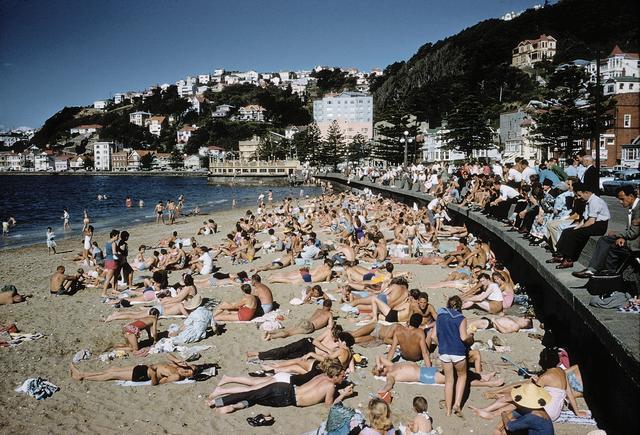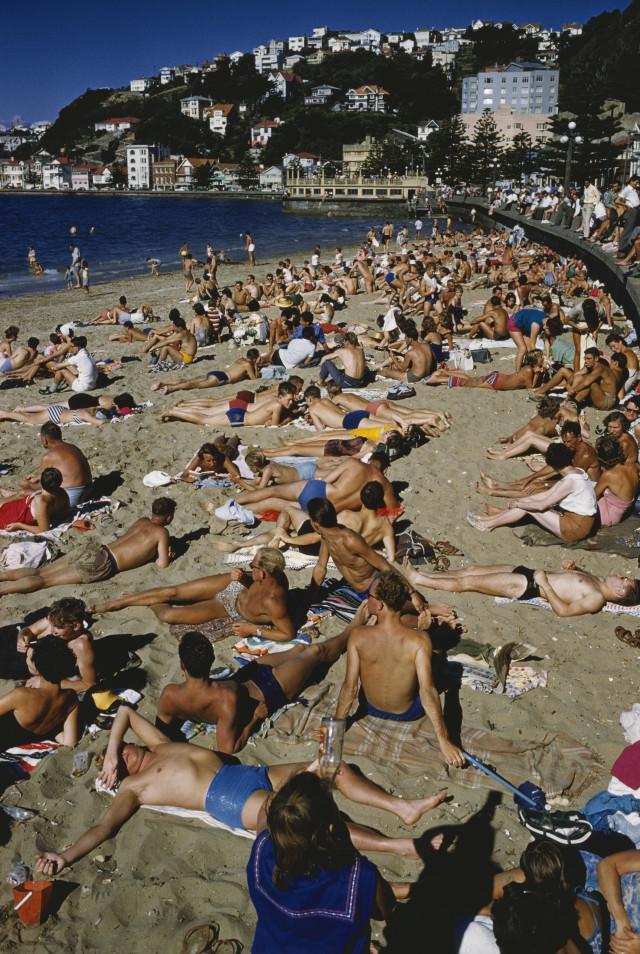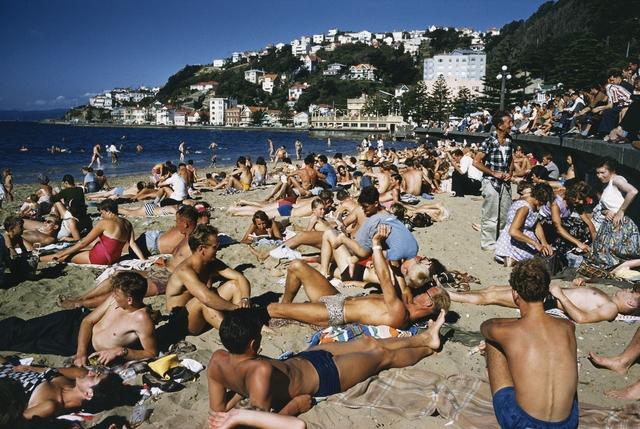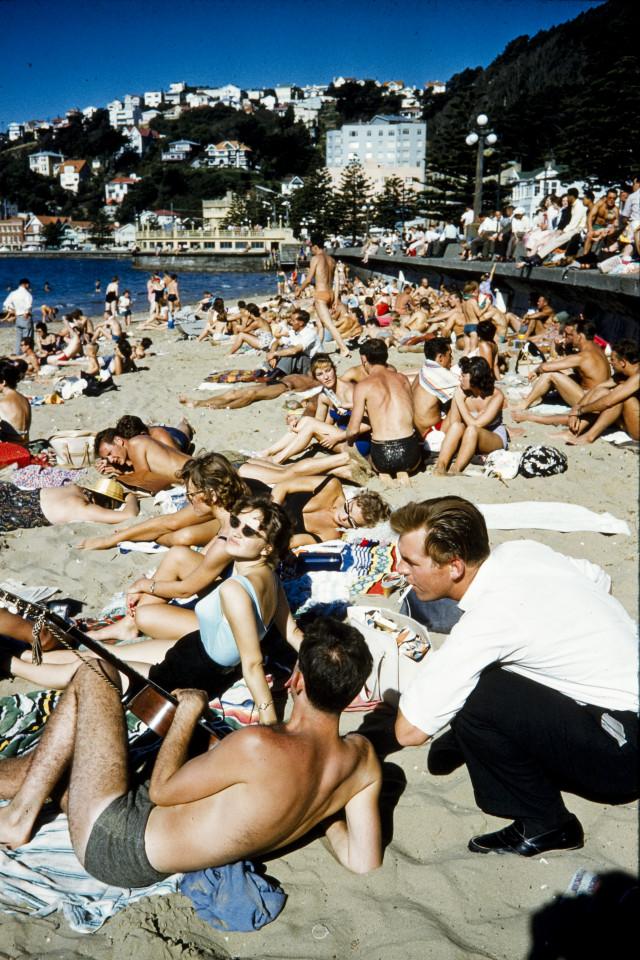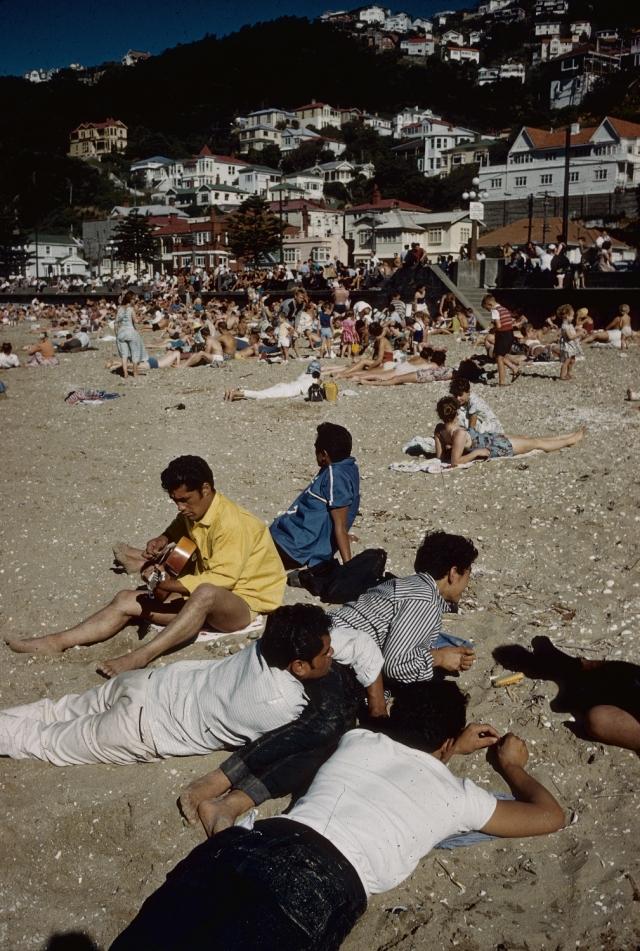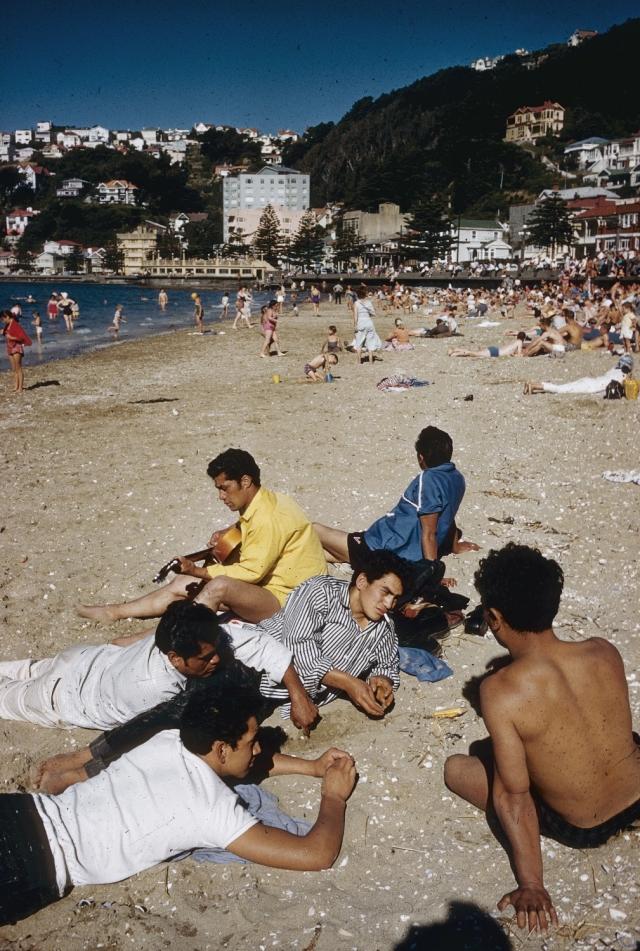Friday 22 May 2009
Ron Brownson
Brian Brake (1927–1988) was one of New Zealand's most important camera artists. His perceptive images frequently reveal the nitty gritty about how people live together and how they react with one another. His photographs show his longterm involvement with non-Western cultures. Whenever I talked with Brian, I was always stunned by his knowledge about human diversity and I believe that his photography reveals a remarkably humanist inspiration. For instance, I reckon Brian understood Asians, and Asia, with a comprehension rare among his artistic New Zealand cohorts. Only his friend Theo Schoon, and Rita Angus also, had a similarly committed interest in Asia's art traditions.
Soon after he reached London in 1953, Brian Brake became a renowned photojournalist. His achievements as an artist are international in their significance and important to the history of photography. As a member of the MAGNUM photo-agency, he followed on from the example of Henri Cartier-Bresson and George Rodger. During his distinguished career, he produced 10 films and over 20 books. In 1963, he collaborated with Maurice Shadbolt to produce New Zealand, Gift of the Sea, which would become the most popular illustrated book in the history of New Zealand’s publishing. As well as this, he created unforgettable photographs of Māori, Pacific and Asian taonga.
As part of my on-going curatorial research into the significance of Brian’s photography, I offer here a report about one of his photographs in the Gallery’s collection. It is an eye-stopping image. Our print of Oriental Parade, Wellington 1960 has intrigued me since I discovered the image at Brian’s studio in 1990. Prior to that date, I only knew of a black and white image of the photograph. The artist’s assistant Waiman Lau generously allowed me to study the variant colour transparencies that Brian had made and it was from this suite that I selected the now famous print Oriental Parade, Wellington.
Brian made his Oriental Parade transparencies during March 1960, probably on a Saturday afternoon. To see so many people on a Sunday at Wellington's city beach would have then been quite uncommon. I consider this sequence of six pictures as among the more interesting photographs ever made of sunbathing New Zealanders. Brian Brake's beach-side photographs are more than documentary views because they express an unforgettable story about the changing reality of our post-war social manners. They succeed in the way that all expressive photojournalistic photographs do - by making art out of the everyday. The beach at Oriental Bay presents a massing of different human relationships. Separate groups are easily discernible and they are recorded as consisting of either families, or friends or partners. Brake’s skill in getting physically close to people - while not being noticed – is everywhere apparent.
I propose that the chronological sequence of the transparencies occured as follows.
